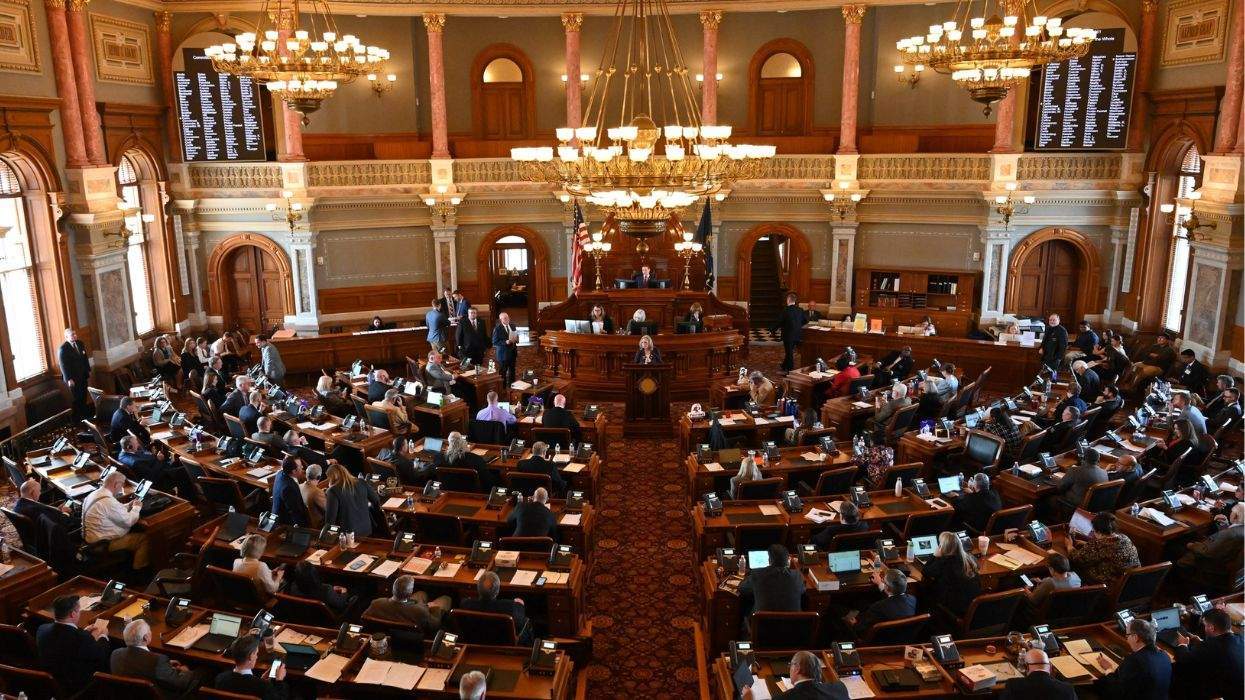Research that could save our lives was silenced. My study on trauma recovery for LGBTQ+ survivors of violence was abruptly terminated. Not because it lacked scientific merit but because of who it aimed to help. This wasn't an isolated incident but part of a ccoordinated assault that resulted in at least 68 grantsbeing terminated to 46 institutions, eliminating nearly $40 million in funding primarily focused on our community's health.
What Was Lost
Our research addressed a critical gap: despite CDC data showing that lesbian women (44%), bisexual women (61%), and bisexual men (37%) experience higher rates of intimate partner violence than their heterosexual counterparts– and nearly half of transgender and nonbinary people having been sexually assaulted—there were no studies primarily focused on understanding recovery for LGBTQ+ survivors.
Imagine Alex's Story
Picture Alex, a 26-year-old nonbinary person who finally escapes an abusive relationship. When they gather the courage to seek help at a shelter, they're met with intake forms that only offer "male" or "female" options and staff who repeatedly misgender them. After one session, Alex doesn't return, feeling more isolated than before.
Now, imagine a different scenario: Alex arrives at a shelter where our research has informed practice. The intake acknowledges their identity. Staff understand the unique dynamics of violence in LGBTQ+ relationships. They find not just safety but genuine understanding, allowing healing to begin.
How This Impacts You
If you're reading this as an LGBTQ+ person, this research termination affects you in three critical ways
It reinforces barriers to care when you need it most. When LGBTQ+ survivors already face discrimination in emergency shelters, with 44% of those attempting to access shelter being denied and 71% reporting being dismissed because of their gender identity, we need research that identifies these barriers and develops solutions.
It silences our experiences. The participants in our study courageously shared their trauma stories, believing their vulnerability would lead to better resources for others. The sudden termination tells them—and all of us—that our experiences don't matter.
It threatens future research that could save our lives. This precedent sends a chilling message to researchers working on LGBTQ+ health issues: studying our health is politically risky, and funding could disappear at any moment.
A Glimpse of Hope
Despite these challenges, we've already begun documenting the healing journeys of LGBTQ+ survivors. Through Our Wave's "Healing In Color" online exhibit, survivors have shared their pathways to recovery through photography, storytelling, and creative expression. This exhibit showcases the healing journeys of 40 LGBTQ+ survivors who participated in our research, offering hope that healing is possible despite systemic barriers. I invite you to explore these powerful stories.
What We Can Do: A Call to Action
This is not the time for silence. Here's how our community can fight back:
- Demand transparency and accountability
Contact your representatives and demand explanations for these terminated grants. Ask specifically about the review process and insist on scientific rather than political criteria for research funding. - Support alternative funding sources
If you have the means, consider donating to organizations that fund critical research, like the National LGBTQ+ Cancer Network, GLMA: Health Professionals Advancing LGBTQ+ Equality, or the Trans Justice Funding Project, which continues to support LGBTQ+ research and community initiatives. - Participate in research when possible
When calls for LGBTQ+ research participants come your way, consider participating if you can do so safely. Our stories and experiences matter, and researcher access to participants becomes even more crucial when funding is limited. - Share your stories
Public testimony about barriers you've faced in healthcare settings—particularly after experiences of violence—helps make visible the very issues our research sought to address. - Vote like your health depends on it—because it does. Support candidates who understand that LGBTQ+ health research isn't "ideological"—it's lifesaving.
Moving Forward Together
The painful irony isn't lost on me: research designed to understand and mitigate violence against our community has itself become a target of institutional violence. But I refuse to let this silence us.
LGBTQ+ people are Americans, too. Our health matters. Our safety matters. Our recovery from violence matters. The pursuit of knowledge that could improve our lives must not be sacrificed on the altar of politics—too many of our lives depend on it.
Will you join me?
Voices is dedicated to featuring a wide range of inspiring personal stories and impactful opinions from the LGBTQ+ community and its allies. Visit Advocate.com/submit to learn more about submission guidelines. Views expressed in Voices stories are those of the guest writers, columnists, and editors, and do not directly represent the views of The Advocate or our parent company, equalpride.















